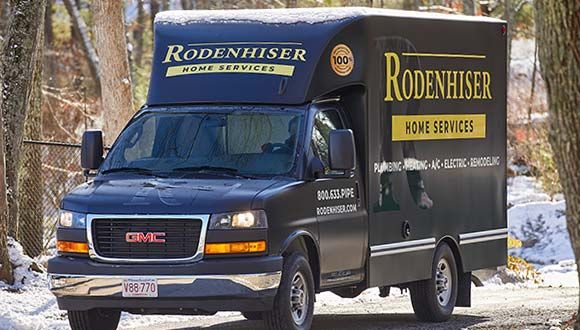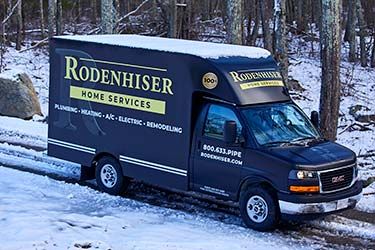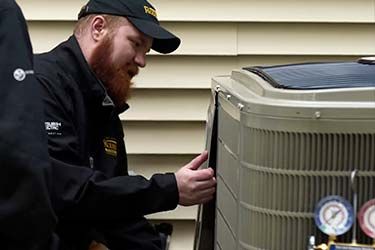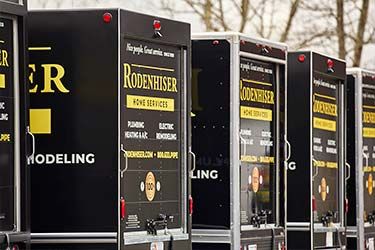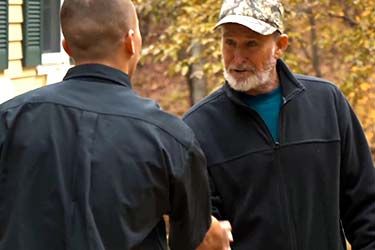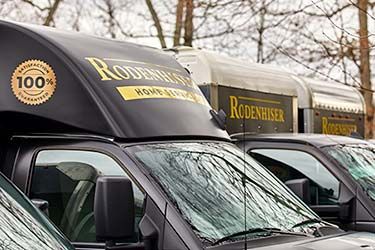
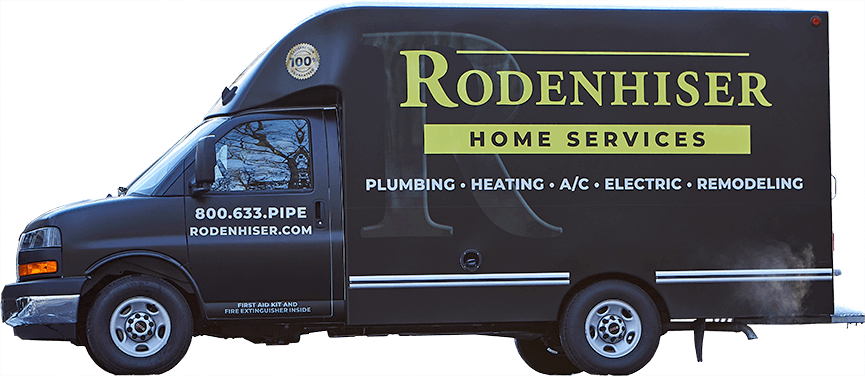
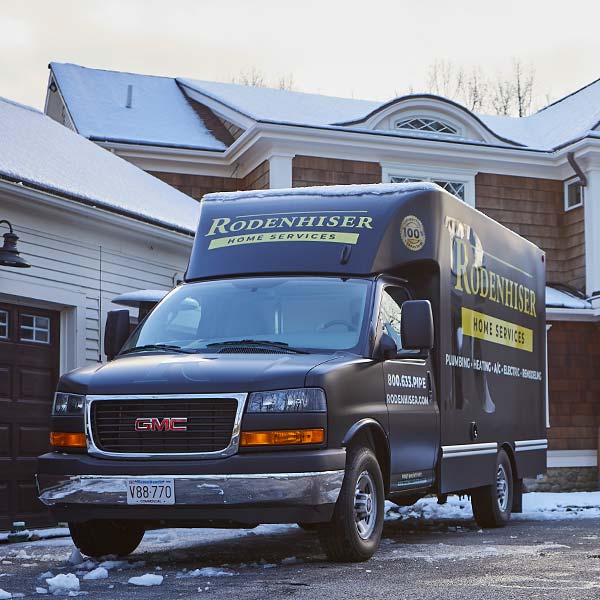

Geothermal heating is a method of heating and cooling your home that has been around for decades, and is more cost-efficient than conventional methods of heating your home. That being said, there is some awareness that needs to be conveyed if you are considering this alternative.
Rodenhiser uses a direct exchange method of heat transfer. That is to say we believe that the best and safest method of geothermal heating is to circulate the refrigerant through the ground and exchange the heat in that method rather than using water pumped up from the ground and then expelled back into the ground. Our method eliminates the risk of either a dry well or a clogged well and the attendant issues that mazy impact your comfort or budget. Our feeling is that fewer problems and longer system life with incredible piece of mind is a better installation.
Since a geothermal heat pump uses a network of underground piping, it is necessary to determine what type of soil you have in order to know what type of ground loop should be used. Soil that is shallow or consists mainly of hard rock may require a different type of loop than soil that is sandy or less rocky.
New England soil is typically rocky and strewn with either large boulders or ledge. Those with sandy or gravel type soil could consider a horizontal loop design. In most cases, a series of holes are drilled in the ground and a supply and return line is inserted into the hole for the refrigerant to circulate to. A grout is then pumped into the hole to provide contact with the surrounding soil for proper heat transfer.
Frequently, installing geothermal heating system requires drilling holes that are about 150 to 250 feet deep, depending on your system requirements. Pipes may be installed beneath a water source, bored inside a rock shelf or in soil; all of these factors determine how long it will take and the type of equipment or materials necessary.
Those who desire fewer disturbances may require a vertical installation due to the fact that this type of loop causes fewer disturbances to the existing landscape.
If you are considering geothermal heating for your home, choose the contractor carefully. These systems are incredibly efficient but capital intensive. Work with a certified contractor who will guarantee there installation.
Rodenhiser Plumbing, Heating and Air Conditioning, serving the Route 495/128 area of Massachusetts, is glad to answer your questions concerning geothermal heating.
Our goal is to help educate our customers about energy and home comfort issues (specific to HVAC systems). Download our free Home Comfort Solutions Guide for more information concerning HVAC topics.





Both Alex and Patrick were knowledgeable, courteous, and professional. They made a change that might have solved the recent problem and have structured a more complete solution. We agreed to this...
Mike was thorough, thoughtful and considerate. Covered their shoes before entering, surveyed my issue and provided an explanation of the services and costs. Great Job!
Alex did a great job providing an explanation of the services provided and went out of his way to offer assistance/advice on other issues outside of our scheduled maintenance visit.
Brian did an excellent job inspecting our 18-year old boiler and replacing some of the accessory hardware that needed it, he also adjusted the outgoing hot water settings for our radiators and...
Rodenhiser is my one stop shop!!! They take care of my HVAC, electrical, and plumbing issues & are always helpful addressing any questions I may have about the systems in my house! Everyone...
Chris G. and Nick V. showed up bright and early at 8am to fix my water heater issue. They were on time, polite and were able to fix an issue that has been plaguing my house for a good year. They...
When you are looking for plumbing, electrical, heating or air conditioning in the Route 495 / 128 area, you will be delighted that you called Massachusetts' trusted choice since 1928.
With a total dedication to professional workmanship and excellent service, discover why families and businesses continue to trust Rodenhiser after generations of service
